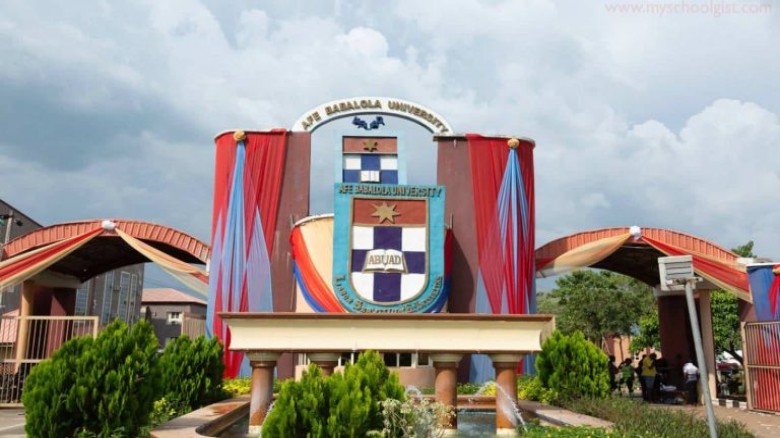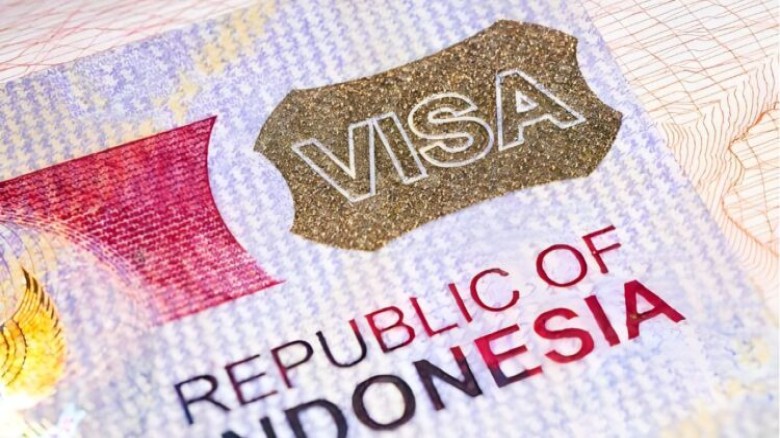Ghana hikes cocoa farmgate price
Ghana has increased the farmgate price for cocoa farmers to 49,600 Ghanaian cedis ($3,062) per metric tonne, up from the initial 48,000 cedis announced at the beginning of the 2024/25 season.The farm gate price is the amount a farmer is paid for their goods at the point of production, or directly on the farm.
It reflects the product's value before any additional costs such as transportation, processing, or market fees are incurred.
The price increase, which went into effect immediately, is intended to boost farmers' earnings.
According to Reuters, Ghana's President, Nana Akufo-Addo, made the announcement during a farmers' award ceremony late Friday. His term ends on January 7, 2025.
This is the second price increase this season, reflecting efforts to support Ghana's cocoa industry, which is the world's second largest producer.
Farmers in Ghana's cocoa sector have been hoarding beans since October in anticipation of a potential price increase, raising concerns about a global supply shortage.
Ghanaian authorities are reportedly focussing on increasing farmer incomes while reducing smuggling, which contributed to a loss of more than a third of the country's cocoa output in the 2023/24 season.
This disruption in production, combined with other sectoral challenges, resulted in Ghana's lowest cocoa output in more than two decades.
President Nana Akufo-Addo also stated that he had directed the Ghana Cocoa Board (Cocobod) to provide scholarships for the children of cocoa farmers to pursue tertiary education.
However, Bright Simons, a vice president at Accra-based think tank IMANI Africa, stated that the motivation for the policies "appears to be strictly about votes in the impending elections," noting that the price increase was significantly lower than the cumulative effects of inflation and currency depreciation, muting the impact.
This initiative is part of a larger effort to improve the well-being of cocoa farmers and their families, ensuring that the next generation has access to better educational opportunities while also contributing to the cocoa sector's sustainability.
























Leave A Comment